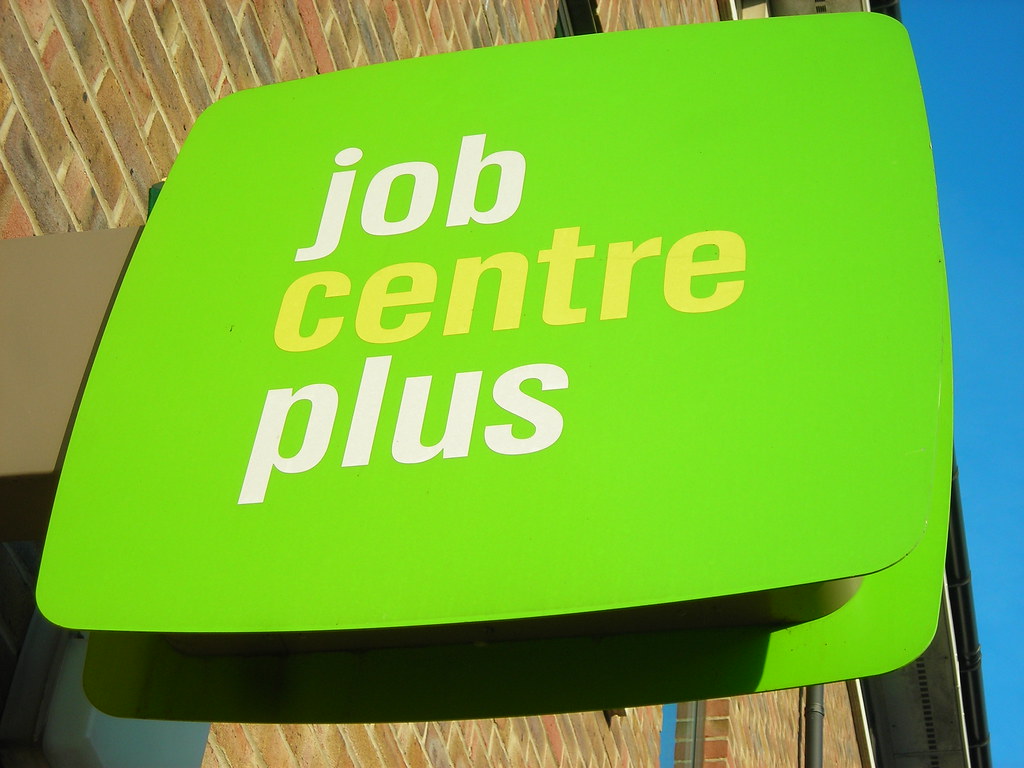The London Assembly Housing Committee has warned that Disabled people in the capital are being failed by a shortage of suitable, affordable homes and by poor oversight from the Greater London Authority (GLA).
In a letter to the Mayor, the committee outlined findings from its investigation into accessible housing, which includes homes designed or adapted so that Disabled and older people can live independently.
The inquiry heard harrowing accounts of how the lack of accessible housing impacts lives. One Disabled Londoner took his own life after months of unresolved noise complaints. Another was placed in temporary accommodation without an accessible bathroom, leaving them unable to wash. In another case, a resident had to wait for their partner to return home to carry them upstairs because they could not manage the steps themselves.
Campaigners, local councils, and housing associations told the committee that there is a significant shortage of affordable, accessible homes. Yet there is little clarity on the scale of the problem.
There are no London-wide figures for how many accessible homes exist, how many are affordable, or how many could be adapted to meet accessibility needs. Even though the London Plan requires that a proportion of new homes be accessible, the lack of accurate data means there is no way to track whether developers are meeting these requirements.
The committee has called for the next Strategic Housing Market Assessment to give far greater attention to accessibility, for the GLA to improve its data collection on accessible housing and for Disabled people’s organisations to be directly involved in shaping housing policy.
It also urges the GLA to ensure that more homes meet wheelchair accessibility standards, to reduce the need for costly adaptations later on. Without stronger data, oversight, and commitment, the committee warns, London will continue to fall short in meeting the housing needs of its Disabled residents.
Chair of the London Assembly Housing Committee, Zoë Garbett AM, said: ‘The chronic lack of suitable accessible homes is fundamental to our housing emergency – and the Committee has heard the devastating effects it is having on many Londoners’ lives.
But our investigation also shows this has not been treated as a priority by the Mayor. We are in a position where we don’t know what accessible housing we need, how much we have, or how much we are building.
The Mayor must take immediate action to address the issues we have found, including mapping need, gathering appropriate data and involving Deaf and Disabled people throughout future decision making processes.’
The full letter can be read here.



















Leave a Reply